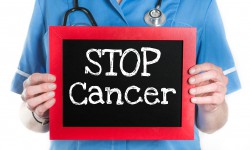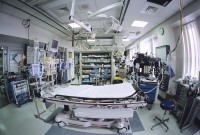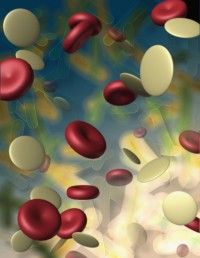
Getting an accurate diagnosis is crucial before making decisions on what type of cancer treatment to undergo. The treatment you’ll benefit from the most typically depends on what type of cancer you have and how advanced it is. One of the most effective ways to determine this is through pathology.
The Role of Pathologists
Pathologists provide in-depth diagnoses and might even end up changing a patient’s diagnosis depending on what they find, although this is rare. These specialists examine tumors and tissue in order to determine whether cancer is present, how serious it is and whether surrounding areas have been affected. They also run additional tests to see if the cancer will spread and study its nature.
Pathologists use advanced technology, including genetic sequencing, to provide an even more accurate diagnosis or to look for genetic mutations that could affect the type of treatment you need. In addition to performing these tests, pathologists consider several other factors, such as:
- Family medical history
- Personal medical history
- Other health conditions
- Age
- Imaging tests
Taking all of these factors into considerations, along with test results, helps pathologists come up with the most effective ways to treat cancer. For example, if they find a slow-growing cancer, you might be able to put off treatment and have your condition monitored instead. If you have cancer that’s not likely to spread or a certain genetic mutation, pathologists might recommend targeted therapies. Once you have a diagnosis, you can start considering your treatment options.
If you need help finding the right non-toxic cancer treatment, please contact Issels®. We offer a wide range of nontoxic immunotherapy options for all types and stages of cancer.





